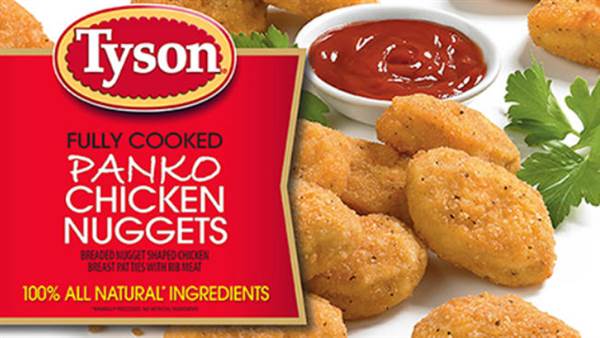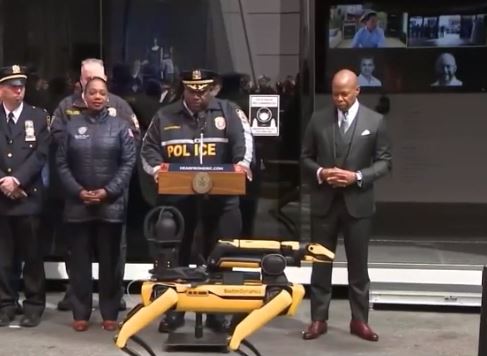
Residents of Ann Arbor, Michigan can have their Domino's pizzas delivered to them from a Ford Fusion Hybrid autonomous research vehicle starting this month. The self-driving cars are part of ethnographic research between the two companies who hope to commercialize this type of delivery service in just a few years’ time. Each car will be outfitted with containers made by Roush Enterprises which were designed to keep the pizzas warm en route. Customers are sent a unique delivery code on their mobile devices that they will use to open the trunk. Representatives from Ford and Domino's are pilot testing the cars in Michigan to see how everyday people will react to and interact with autonomous service vehicles.
“The reason we’re doing [this research] is that we’re going to learn things we didn’t know,” said Ford Autonomous and Electric Vehicles Vice President Sherif Marakby on Tech Crunch. “We want to have the opportunity from a timing perspective to incorporate these changes into the car, or the interface to the car and the consumer interaction.”
What is left unsaid is that Ford has yet to perfect its self-driving technology -- but supposedly, this is all part of the plan. According to Marakby and his team, this research will simultaneously provide information on how well their cars function and how people would like a service that is completely autonomous.
This is something Ford is not entirely prepared for. The car manufacturer has taken gigantic steps in perfecting its core technology over the last several years, but its wealth of experience lies in knowing its own customers and what they want. This knowledge was translated into subsequent changes with each successive generation. However, with autonomous vehicles, Ford is entering new waters.
“We’re still trying to understand [this area of the auto business], and we’re working with partners who understand the consumer and figuring out what we need to do to the vehicle in parallel as we’re developing the tech,” admitted Marakby.
For Domino's part, the delivery service can increase efficiency. Customers would be able to track the delivery process via an app. They would also receive text messages on how to retrieve their pizzas once the car arrives.
Take note though that this is not a door-to-door delivery service. Students who live in a dorm, for example, would still have to leave the building and meet the car on the street. The same would go for home deliveries. However, this is not a top concern currently, for either Domino's or Ford.
Domino's has already tested drone delivery to their customers in New Zealand. The concept was similar to what will be piloted in Michigan. Customers would receive their delivery orders through a self-operated drone which would be locked with a security code. The trunk of the drone could only be accessed by the customer using the secure number sent to their mobile phone. The initial review was successful, which encouraged Domino's to expand its reach further.
The autonomous vehicles that will be used in this trial will still have someone behind the wheel; a kind of added safety measure since Ford is not altogether certain of their technology yet. The driver will only take over if necessary and is there just to observe. Marakby noted that the endgame here is not for the drivers, or even about the self-driving aspects of their cars. What is important to Ford, purportedly, is the end user. Both Domino's and Ford are interested in learning what people would think about receiving an item from something that is not human.
This, of course, tickles the bones of those who have been closely watching the automobile manufacturer. Ford executives have previously mentioned that they expect to launch an entire fleet of self-driving shuttles in 2021. Marakby has hinted that should this pizza delivery trial prove to be successful, the company would explore cooperating with multiple partners to move all forms of people and goods. (Related: Google gives driverless cars the green light for business, but are we really ready for AI piloted vehicles on our roads?)
Sources include:
Please contact us for more information.




















